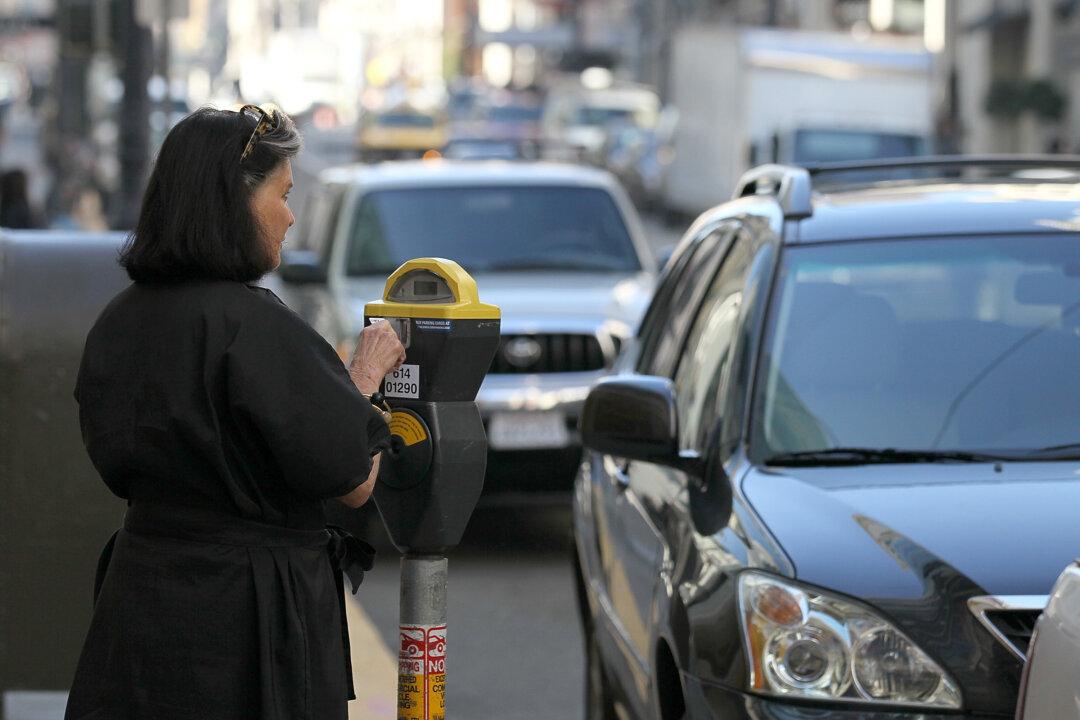A dramatic rise in car burglaries in San Francisco and other California cities in recent years has renewed calls for legislation to close a legal loophole that makes it difficult to prosecute thieves.
Sen. Scott Wiener (D-San Francisco) has been championing the cause for nearly two years. He introduced Senate Bill 23, sponsored by then-San Francisco District Attorney George Gascón, in December 2018, but the bill was later shelved.





